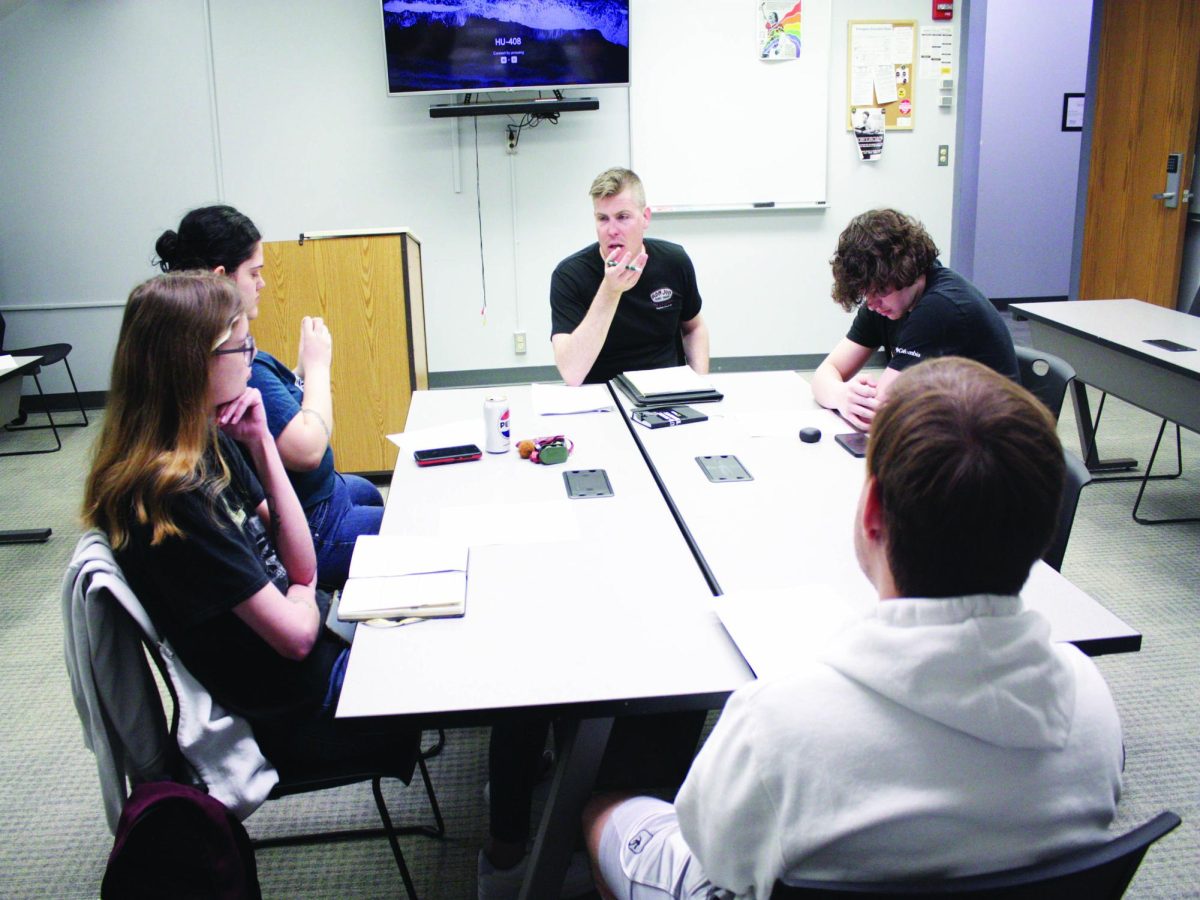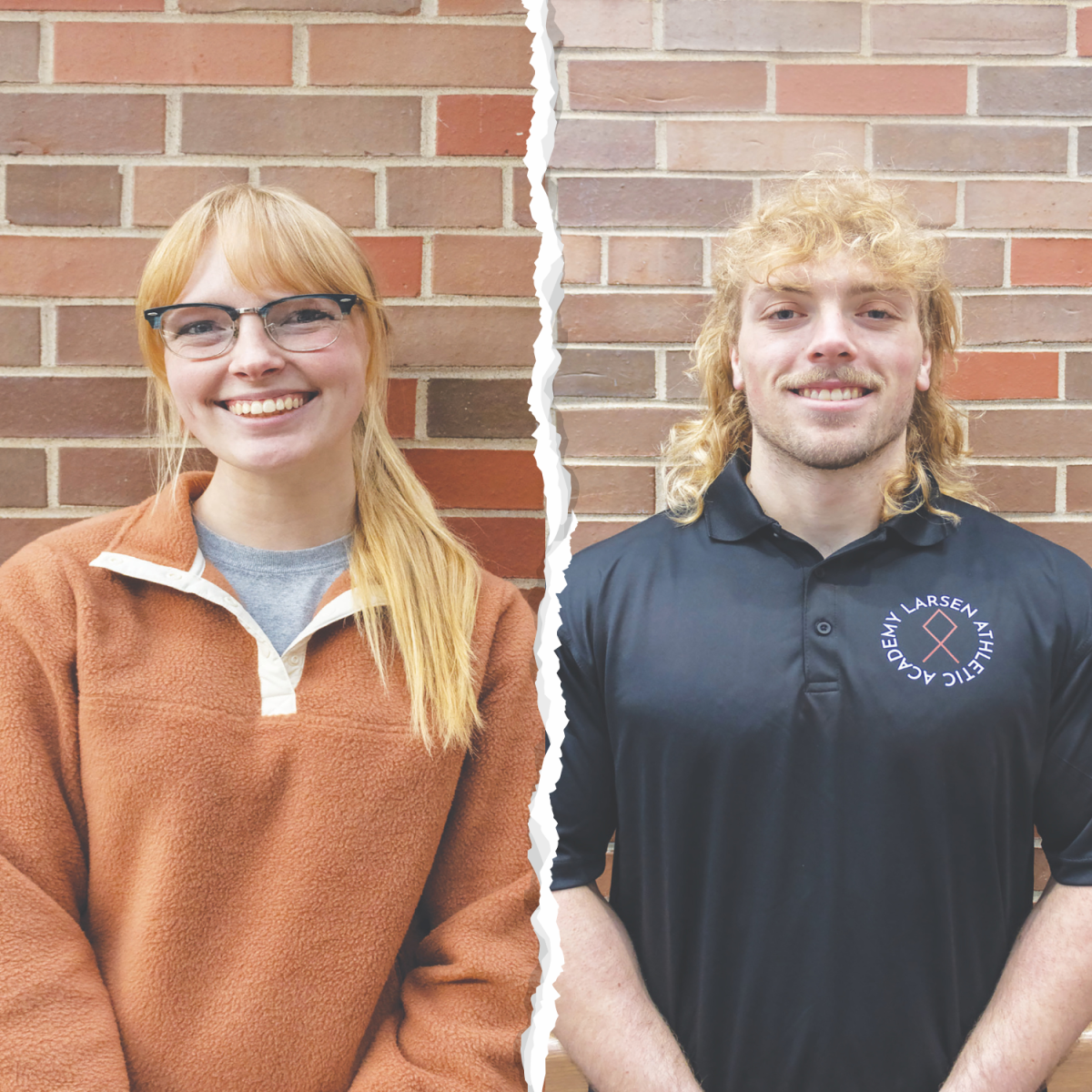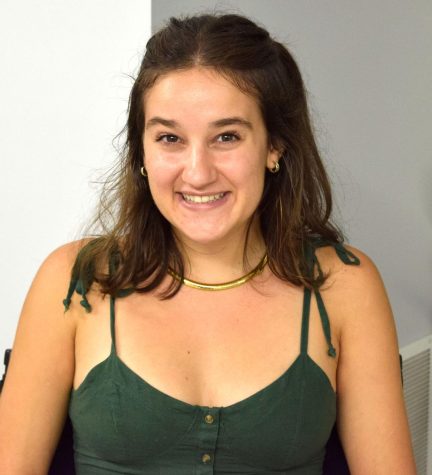WSC rolls out telehealth counseling for all students and staff
March 21, 2023
At Wayne State College, finding access to mental health support just became much easier. Following the recent midterm break, WSC’s Student Health and Counseling Center rolled out Therapy Assistance Online (TAO) for all students and staff.
TAO, based out of Florida, was created by licensed counselors in 2014, according to Product and Client Success Manager Elisabeth Hayes. Founder Sherry Benton, a previous counseling director at the University of Florida, wanted to find a way to support students as the counseling waitlist grew.
She created several modules students could follow for educational support with mental wellness and receive encouragement for self-help practices.
Now, colleges across the country have partnered with TAO to bring its services to their campus communities. Even outside of counseling, the curriculum has expanded to the classroom. Professors can assign content in class or recommend certain modules for extra credit. After completing a module, a user will receive a badge on their account which they can then send a screenshot off to their professor.
WSC Director of Counseling Alicia Dorcey-McIntosh explained counselors will use these modules to assign to their clients, but everyone within the WSC community can log on, especially if they are not currently in counseling but feel they need extra support.
No one, outside of the user themself can see which modules they complete, Dorcey-McIntosh said, unless a counselor has assigned them to their counselee. This way, students and staff can feel comfortable privately seeking help from any of the 145+ interactive courses.
Topics include coping with anxiety or depression, learning resilience, mindfulness, time management and more. TAO also has several logs and journals along with their sessions where users can keep track of their learning and mental health.
One of these logs allows a person to write down an unhelpful thought and keep a log to reframe the belief into something positive. Another offers a space for people to keep track of their finances.
TAO also has a well-being assessment called the WHO-5. This five-question assessment gathers an overall sense of wellbeing and proposes potential pathways of support for the individual.
If modules seem like too much of a commitment, the organization has recently rolled out its version of “shorts.” These quick, one-to-two-minute videos focus on mindfulness and grounding techniques, offering actionable and practicable solutions.
WSC became involved when the Midwest Higher Education Compact approved TAO for area colleges. Dorcey-McIntosh explored the program and thought Wayne could benefit, especially when the counseling center has a waitlist or for those who do not feel comfortable speaking to a counselor on campus.
“I hope people get help faster and I hope to create a culture of mental wellness,” Dorcey-McIntosh said. “TAO is not problem based. You do not need to have a diagnosis to look at the material. Everyone has problems from time to time, and everyone can get something from this.”
From internal surveys gathered, 90.08 percent of respondents provided a specific reason they benefited from the platform and 90.15 percent described TAO as “somewhat helpful to very helpful,” Hayes said.
Students from across the country have offered feedback on their experience, describing TAO as “Easy to understand,” “[Having] all the things I’ve been needing to hear” and “Helped me get through some hard times with some very useful resources.”
To log on, WSC students and staff can either go to the website at https://www.taoconnect.org/ or download the mobile app. After inputting their WSC email address, the site will direct them to the campus single sign on page. After that, they may begin their mental wellness journey.







